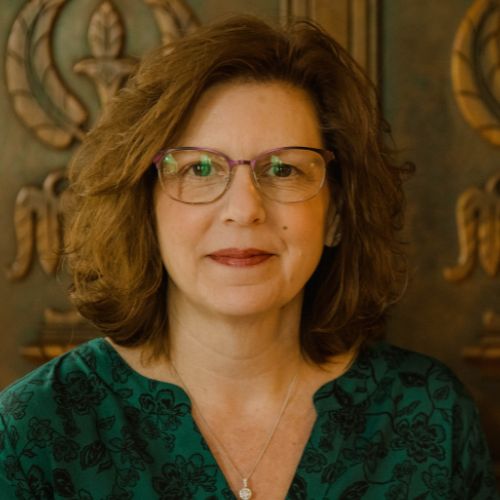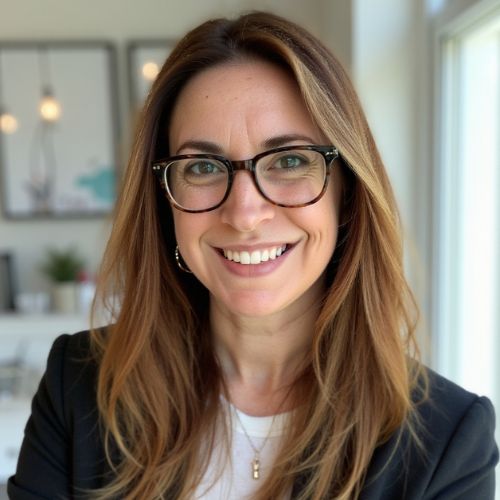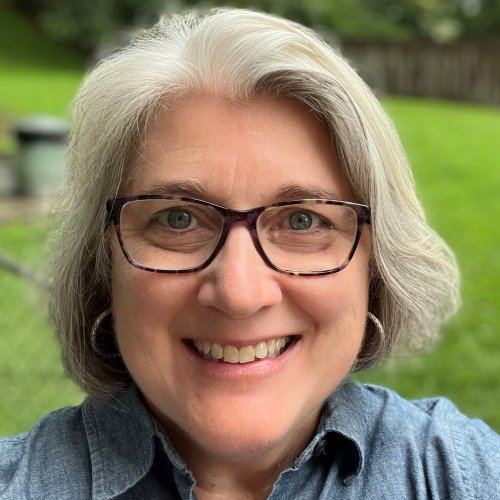Bunzl’s road to senior leadership runs through Olin exec ed
- October 21, 2025
- By Suzanne Koziatek
- 4 minute read

When Bunzl Distribution North America set out to strengthen the development of its leadership pipeline, it looked to the executive education program at WashU Olin, drawn by Olin’s ability to provide customized offerings that address the company’s specific challenges.
That partnership has endured; in February, Bunzl will kick off its seventh cohort of OverDRIVE, a leadership program whose name is a nod to the company’s transportation function.
Bunzl works closely with the business schools’ executive education team from year to year, ensuring that OverDRIVE’s curriculum reflects where the company is headed and addresses its most critical challenges. That level of continuing customization is the main reason Bunzl chose WashU Olin over other similar programs, said Jennifer Deck, senior director of talent development for Bunzl North America.
For us, it’s really about the customized approach of WashU, the ability to work with the WashU professors to discuss the challenges at our company, and how this program helps to build our leaders so they can address those challenges.
—Jennifer Deck
The OverDRIVE program is geared toward director- and vice-president-level leaders to prepare them for top-level positions within Bunzl. OverDRIVE enrolls approximately 20 employees each year from throughout Bunzl’s North American operations, all of them nominated and approved by the Bunzl North America executive leadership.
The program consists of three 3-day sessions held at the Knight Center on the WashU campus. The principal instructor is Samuel Chun, an Olin professor of management practice who has worked with OverDRIVE throughout its history.

Deck said the curriculum is heavily focused on strategic leadership — what it means and how to achieve it. “Sam teaches a construct of strategy, where we talk about the performance metrics, competitive advantage, and strategy execution,” she said.
There’s also a strong financial component, geared toward a group with a range of experience in that area. “Some participants are well versed in financial acumen, others need more support. You try to meet them in the middle, providing the best content for a broad group of people,” Deck said. “WashU is really good at customizing their approach based on who they have in front of them.”
OverDRIVE culminates with a capstone project, in which participants respond to a challenge carefully crafted by Bunzl executives and Olin professors. “We’re giving them a real-life Bunzl business challenge, and the content of the program helps them solve for that business challenge,” Deck said.

Courtney Mayer, director of talent development at Bunzl, notes that some of the solutions that come out of OverDRIVE capstone projects have gone on to be implemented. For example, an idea that came out of the 2022 program recommended organizational changes that were put in place in a modified form when the business was ready to take on the strategic challenge.
Mayer said bringing these types of solutions to the senior leadership is a huge benefit of the program. “It’s hard to quantify the tremendous value of such a unique and organic experience — where our future and executive leaders come together to engage in meaningful, in-depth dialogue about their solutions and the impact they’re driving across the organization.”
Under the guidance of Olin faculty, participants learn to question the status quo and critically examine why the company does things the way it does. It’s a vital skill for top leadership, Mayer said.
“These are our succession plan leaders,” she said. “This is engaging that sense of accountability of what they can do in their role now to push forward change and to set us up for the future.”
Deck and Mayer said companies that want to create a customized program with Olin should approach the idea strategically.
“A lot of companies might think, ‘We want to do a program’ — that’s their initial start point,” Mayer said. “I really encourage the initial start point to be: What do you want the results to be on the other side? And as you engage in your partnership with WashU, keep those goals front and center.”
Deck said the curriculum should push participants to a higher level of challenge than they are used to.
“It really is like a mini-MBA, stepping out of their role and going into a different environment,” she said. “For a company trying to set up something like this, I would recommend that it needs to be a stretch assignment — and the folks that you’re putting in that program should be ready for that stretch.
“It’s a great opportunity for leaders to prove that they can express a broader intelligence and a broader problem-solving approach to the organization.”Media inquiries
For assistance with media inquiries and to find faculty experts, please contact Washington University Marketing & Communications.
Monday–Friday, 8:30 to 5 p.m.
Sara Savat
Senior News Director, Business and Social Sciences
